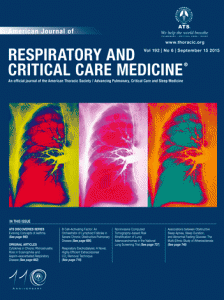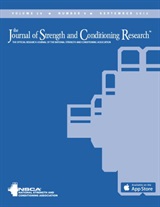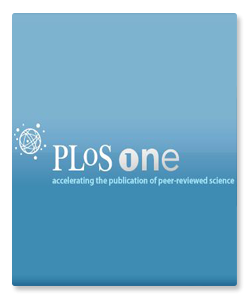 The Journal of Clinical Nursing is retracting a paper “due to major overlap with a previously published article” from the same journal, following an investigation by the National University of Singapore.
The Journal of Clinical Nursing is retracting a paper “due to major overlap with a previously published article” from the same journal, following an investigation by the National University of Singapore.
By our count, this is the third retraction for first author, Moon-fai Chan, all for “overlap” with other papers.
As we reported in May, the Journal of Advanced Nursing retracted a paper co-authored by Chan for “major overlap” with a paper in JCN, that too the result of the investigation. We’ve also learned that the journal Nursing & Health Sciences issued a similar notice last year for another pair of overlapped papers.
Chan said in a statement to Retraction Watch Continue reading Investigation ups nursing researcher’s retraction count to 3







